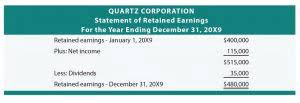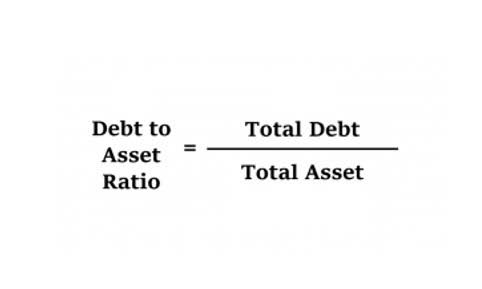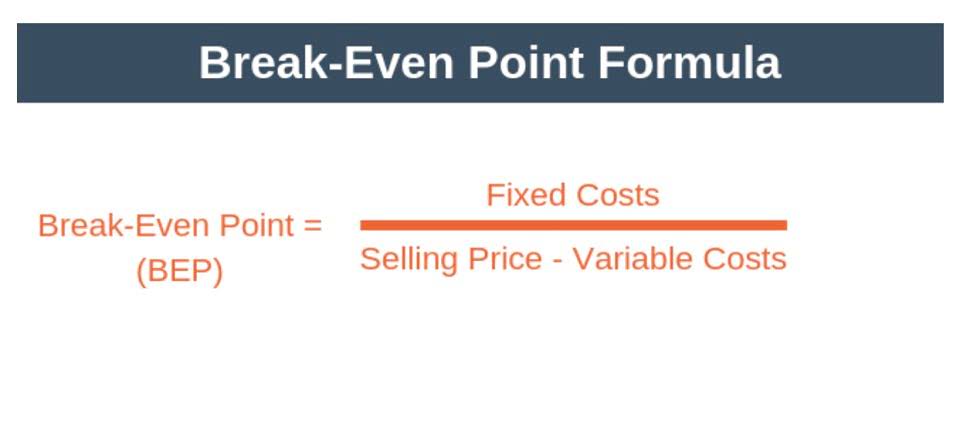
The first step to accounting for nonprofits is choosing whether your organization should use cash-basis or accrual-basis accounting. When deciding between the two, you should consider your nonprofit’s financial and reporting needs and what it’s better equipped for. This guide will cover all the essentials of nonprofit accounting, from setting up your books to preparing financial statements. With this knowledge, you’ll be able to make data-driven decisions and manage your nonprofit’s finances with confidence. All businesses — nonprofit organizations and for-profit companies — need to use either cash or accrual accounting in their bookkeeping.

Accrual Accounting vs. Cash Accounting for Nonprofits
Read this article for more about tracking and allocating functional expenses for nonprofit organizations. Because this method of accounting tracks directly with money going into or out of your bank account, it’s by far the simplest method of accounting. And it’s preferred by many small nonprofits without experience in bookkeeping or the budget to hire a full-time accountant or outsourced accounting service.
Nonprofit Accounting 101 Course
- Our goal is to deliver the most understandable and comprehensive explanations of financial topics using simple writing complemented by helpful graphics and animation videos.
- Understanding these requirements is integral to the management and operation of any successful nonprofit organization.
- It’s estimated that over 80% of income for nonprofits comes from individual giving.
- Like its competitors, NonProfitPlus gives users all of the basic tools needed for effective accounting.
- Make sure all of your nonprofit’s transactions go through a dedicated bank account.
- In both cases, you can’t spend that money yet because you haven’t received it yet.
Since nonprofit organizations don’t necessarily operate with an owner or owners, they’ll produce a document showing the organization’s liabilities and assets, known as a statement of financial position. In for-profit accounting, the focus is on revenues, expenses, and the resulting profits, with financial statements like the balance sheet and income statement detailing the company’s financial health. In the world of nonprofit accounting, organizations have to follow specific rules, regulations, and tax requirements. Bookkeeping and accounting are crucial aspects to ensure financial accuracy and transparency. Nonprofits generally use a fund accounting system that helps separate different financial resources for specific programs and purposes into separate funds. This accounting system allows nonprofit organizations to improve financial performance in different aspects of the business and maintains accountability for all funds.
- Lastly, ensure accountability by requiring all major expenditures to be approved by your board or another authorized party.
- Keep in mind that financial reporting should be accurate and consistent and reflect the true nature of the organization’s operations.
- Your nonprofit’s statement of activities is also known as your income statement.
- The solution you decide on should also allow you to do some form of fund accounting.
- Additionally, they are required to file a Form 990 annually to report their financial activities to the IRS, which helps maintain the organization’s tax-exempt status.
- You might be able to conduct the audit internally or may have to hire an external firm to run the audit, depending on your size and budget.
The Ideal Nonprofit Accounting Job

If you use nonprofit accounting software, your chart of accounts will include the option to use multiple segments to manage multiple funds, which is a necessity for adequately managing funds, programs, and grants. Nonprofits and for-profits alike need to understand their cash flow and provide a statement about how it moves in and out of the organization. Generally, these reports are pulled once per month, reflecting the previous thirteen months.
All such information is provided solely for convenience purposes only and all users thereof should be guided accordingly. Some challenges include managing limited resources, staying updated with regulatory changes, and ensuring the organization’s financial sustainability government and nonprofit accounting while adhering to its mission. This ensures money is appropriately tracked and spent in accordance with donor wishes and regulatory requirements. They help maintain trust with donors and the public while also aiding in the sustainable growth of the organization.
While most nonprofit organizations are exempt from income taxes, nonprofits are not tax-exempt by default and their donors’ contributions may not be tax-exempt. To better understand a nonprofit’s tax exemption and donor contribution status, it’s best to contact the Internal Revenue Service (IRS). It is essential for bookkeepers and accountants to have a thorough understanding of nonprofit accounting standards and regulations and remain up to date with these standards. For example, if an organization receives over $750,000 of federal funds, they are required to perform a Single Audit, which is an independent compliance audit. These are audit procedures in addition to the financial audit, which will test federal grant expenditures for proper internal controls around financial reporting and grant compliance. While nonprofit organizations are required to make their operational and financial records public, some not-for-profits may be allowed to keep this information private if they prefer it.
Some organizations also prefer or require a Certified Public Accountant (CPA) designation. “It involves interpreting and applying tax laws and regulations to ensure compliance while minimizing tax liabilities within the bounds of the law,” she said. A strong culture that emphasizes the organization’s core values helps employees align their work with the organization’s mission and vision. A good culture can help combat one of the biggest challenges for nonprofit accountants, limited opportunities for growth.
Financial Management
Seamlessly organize financial statements and donor data with nonprofit accounting software. The non-profit organizations must maintain transparency in financial statements, ensure proper allocation of resources, and uphold donor restrictions. Additionally, they are required to file a Form 990 annually to report their financial https://www.bookstime.com/articles/1-800accountant activities to the IRS, which helps maintain the organization’s tax-exempt status. Nonprofit accounting is the process of tracking and managing the finances of a nonprofit organization. The essential elements of nonprofit accounting are quite similar to regular accounting principles for profit-driven businesses.
Best Practices for Nonprofit Accounting
Just because that volunteer doesn’t give you cash doesn’t mean they aren’t one of your largest donors. Learn more about nonprofit bookkeeping and its accounting process to better position your charity to apply for grants, win over big-money donors, and drive change. Nonprofits must abide by the laws concerning taxes, filing deadlines, and any other applicable regulations that pertain to their special tax status.







